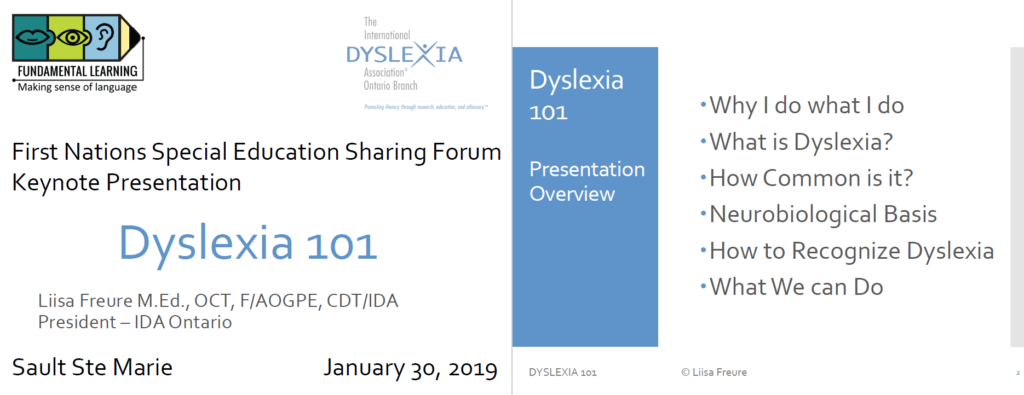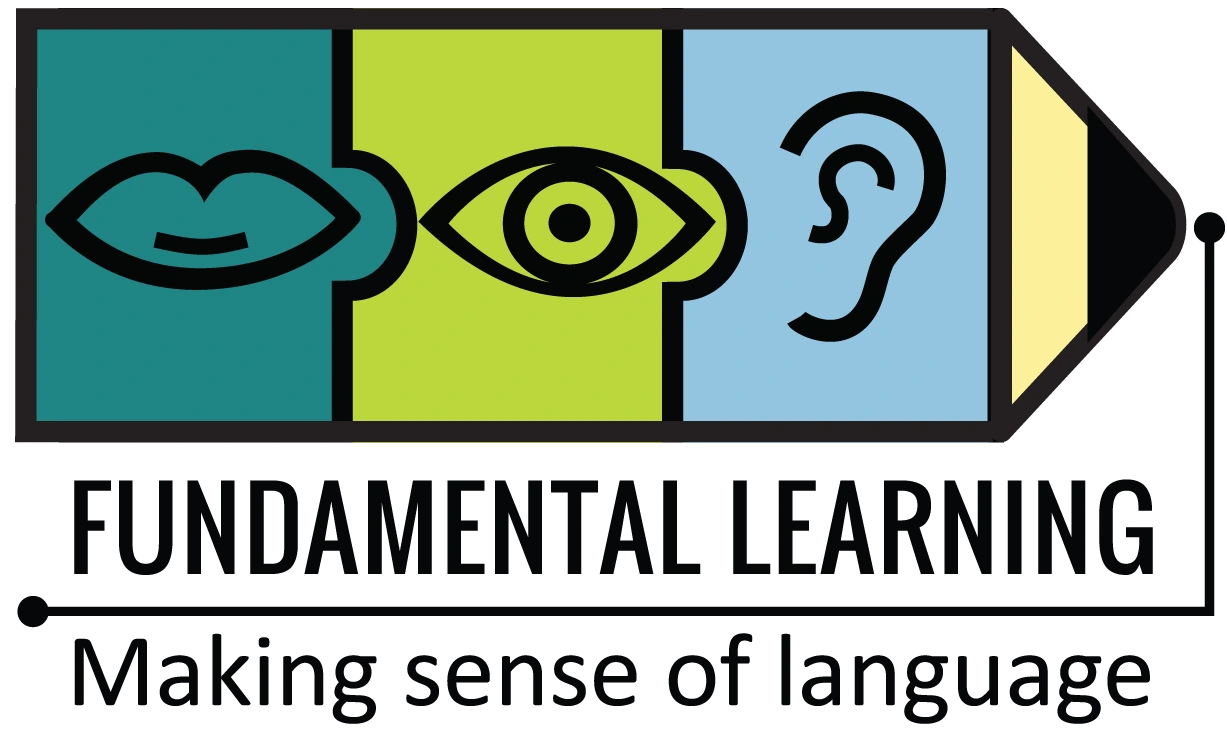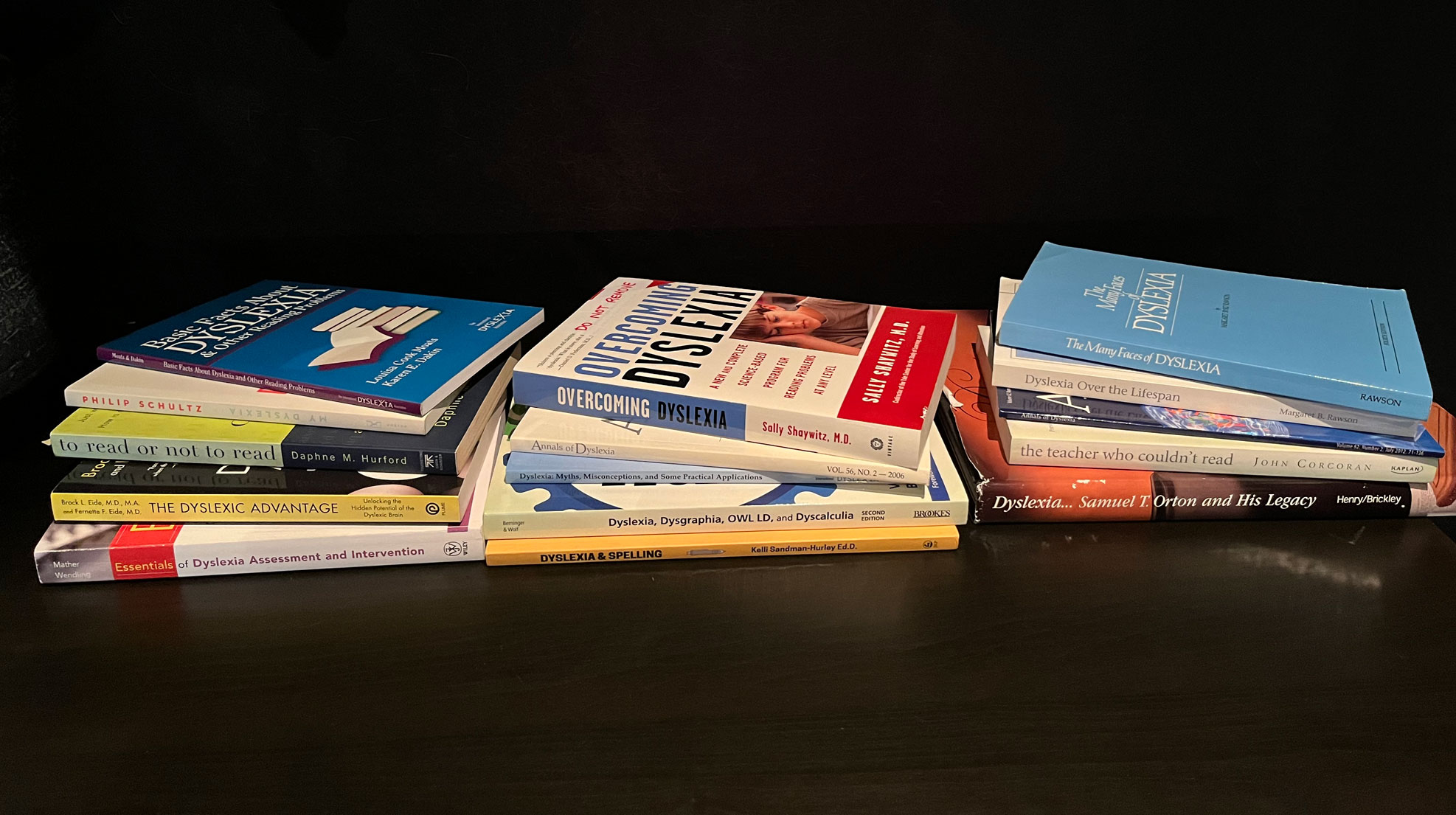
What is dyslexia?
Dyslexia is a language-based learning disability. Dyslexia refers to a cluster of symptoms, which result in people having difficulties with specific language skills, particularly reading. Students with dyslexia usually experience difficulties with other language skills such as spelling, writing, and pronouncing words. Dyslexia affects individuals throughout their lives; however, its impact can change at different stages in a person’s life. It is referred to as a specific learning disability because dyslexia can make it very difficult for a student to succeed academically in the typical instructional environment, and in its more severe forms, will qualify a student for special education, special accommodations, or extra support services.
For a FACT SHEET – Dyslexia Basics – click HERE to go to the International Dyslexia Association website – eida.org.
There are facts sheets on a variety of dyslexia related topics including: AD/HD and Dyslexia, Adolescents and Adults with Dyslexia, Dyslexia and the Brain, Gifted and Dyslexic, Spelling, Dyslexia Assessment, Effective Reading Instruction for Students with Dyslexia, Evaluating Professionals, Testing and Evaluation, as well as others.
Signs of dyslexia?
The problems displayed by individuals with dyslexia involve difficulties in acquiring and using written language. It is a myth that individuals with dyslexia “read backwards,” although spelling can look quite jumbled at times because students have trouble remembering letter symbols for sounds and forming memories for words. Other problems experienced by people with dyslexia may include the following:


What can be done?
Assessment, Remediation, and Accommodations
Dyslexia is a lifelong condition. With proper help, many people with dyslexia can learn to read and write well. Early identification and treatment is the key to helping individuals with dyslexia achieve in school and in life. Most people with dyslexia need help from a teacher, tutor, or therapist specially trained in using a multisensory, structured language approach. It is important for these individuals to be taught by a systematic and explicit method that involves several senses (hearing, seeing, touching) at the same time. Many individuals with dyslexia need one-on-one help so that they can move forward at their own pace. In addition, students with dyslexia often need a great deal of structured practice and immediate, corrective feedback to develop automatic word recognition skills. For students with dyslexia, it is helpful if their outside academic therapists work closely with classroom teachers. Schools can implement academic accommodations and modifications to help students with dyslexia succeed. For example, a student with dyslexia can be given extra time to complete tasks, help with taking notes, and work assignments that are modified appropriately. Teachers can give taped tests or allow students with dyslexia to use alternative means of assessment. Students can benefit from listening to books on tape and using text reading and word processing computer programs. Students may also need help with emotional issues that sometimes arise as a consequence of difficulties in school. Mental health specialists can help students cope with their struggles
Workshop
Liisa can present this workshop to your group.
It can be an onsite or virtual presentation to small groups or large audiences.
CONTACT US to organize a speaker for your group.


